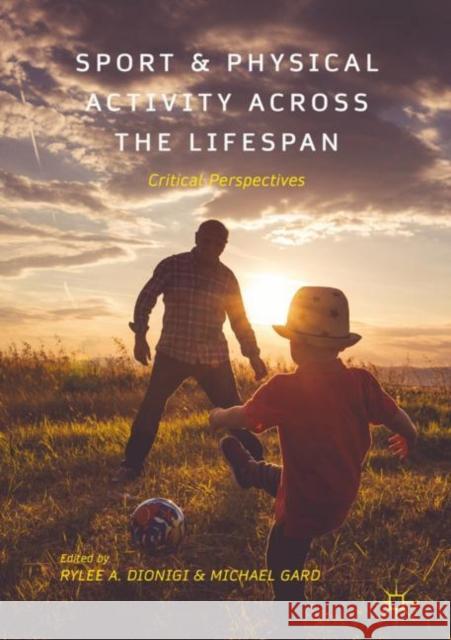Sport and Physical Activity Across the Lifespan: Critical Perspectives » książka
topmenu
Sport and Physical Activity Across the Lifespan: Critical Perspectives
ISBN-13: 9781137485618 / Angielski / Twarda / 2017 / 362 str.
Sport and Physical Activity Across the Lifespan: Critical Perspectives
ISBN-13: 9781137485618 / Angielski / Twarda / 2017 / 362 str.
cena 389,09 zł
(netto: 370,56 VAT: 5%)
Najniższa cena z 30 dni: 385,52 zł
(netto: 370,56 VAT: 5%)
Najniższa cena z 30 dni: 385,52 zł
Termin realizacji zamówienia:
ok. 20 dni roboczych.
ok. 20 dni roboczych.
Darmowa dostawa!
Kategorie:
Kategorie BISAC:
Wydawca:
Palgrave MacMillan
Język:
Angielski
ISBN-13:
9781137485618
Rok wydania:
2017
Wydanie:
2018
Ilość stron:
362
Waga:
0.77 kg
Wymiary:
21.01 x 14.81 x 3.02
Oprawa:
Twarda
Wolumenów:
01
Dodatkowe informacje:
Bibliografia
Wydanie ilustrowane
Wydanie ilustrowane











